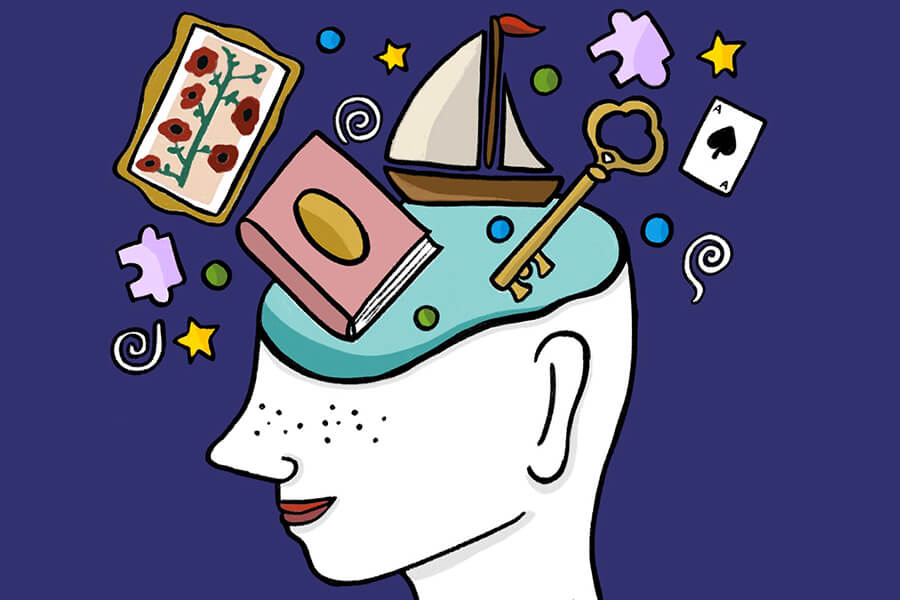No products in the cart.
Chess News, Events & Blogs
5 Benefits of Chess For Intellectual Development
If you’re already a lover of the game, here are some major brain benefits of playing chess. If you’re not yet, perhaps it’s time to start!
In this article, we will explore the answers to these and similar questions and try to determine, as objectively as possible, whether learning and playing chess brings real benefits for the general population.
Table of Contents
Chess Can Raise Your IQ
Playing chess can certainly improve specific cognitive skills such as critical thinking, memory, problem-solving, and pattern recognition. These skills are components of intelligence but do not necessarily guarantee a direct increase in IQ. IQ is considered to have a relatively stable and hereditary component, and while certain activities and experiences can have a positive impact on cognitive abilities, they may not significantly alter one’s overall IQ score.
While chess may not directly raise IQ, it can provide a challenging and intellectually stimulating activity that exercises various cognitive skills. Regular engagement in chess can have a positive impact on cognitive development and overall mental acuity.
Chess Elevates Your Creativity
Chess is a game that elevates creativity through various means. Players are challenged to think creatively and come up with unique moves and strategies within the confines of the game’s rules. This requires imaginative thinking, the ability to explore different possibilities, and the courage to deviate from traditional approaches. Chess encourages players to visualize the board, anticipate future positions, and imagine innovative solutions to complex problems. The study of openings and the appreciation of aesthetic elements in chess further nurture creativity. The game fosters the development of transferable creative thinking skills, such as thinking outside the box and approaching challenges from different angles. Overall, chess stimulates the mind, encourages originality, and empowers individuals to think creatively in the face of strategic and tactical obstacles. Through its intellectual demands and strategic possibilities, chess serves as a catalyst for unleashing and enhancing creativity.
Chess Improves Memory
Chess study and playing have been associated with improved memory skills. Engaging in chess requires players to remember past moves, openings, and strategic patterns. This constant exercise of memory enhances memory retention and retrieval abilities. Analyzing and studying chess games helps players develop a mental database of positions, moves, and strategies, which further strengthens memory recall. Additionally, chess involves pattern recognition, as players learn to identify recurring tactical motifs and strategic ideas. This pattern recognition practice enhances memory by enabling players to quickly recognize familiar patterns and recall relevant information. The visualization aspect of chess, where players mentally simulate moves and positions, also contributes to memory development. Regular practice in chess activates and exercises memory systems, leading to improved memory capacity, working memory, and spatial memory. Whether it is remembering past moves, openings, strategic ideas, or visualizing the board, chess study and playing provide a rich environment for memory enhancement.
Chess Improves Problem-solving
Chess improves problem-solving skills through its intricate and strategic nature. Players must analyze complex positions, evaluate multiple possibilities, and anticipate opponent moves. The game demands logical reasoning, pattern recognition, and the ability to plan ahead. Chess players develop a systematic approach to problem-solving by breaking down positions, identifying key factors, and finding optimal moves. The continuous exposure to a wide range of problems in chess strengthens problem-solving abilities and fosters critical thinking. Through practice and experience, players refine their problem-solving skills, which can be applied to various real-life situations that require analytical thinking and strategic decision-making.
Chess Study Improves Academic Performance
The cognitive skills developed through chess, such as critical thinking, problem-solving, and pattern recognition, can translate to academic tasks. Chess enhances logical reasoning and analytical thinking, which are crucial in subjects like math and science. The game also cultivates concentration, memory, and strategic planning, qualities that benefit studying and test-taking. Furthermore, chess promotes discipline, perseverance, and goal-oriented thinking, qualities that contribute to academic success. By engaging in chess study, students develop a strong foundation of cognitive skills that can positively impact their overall academic performance.



